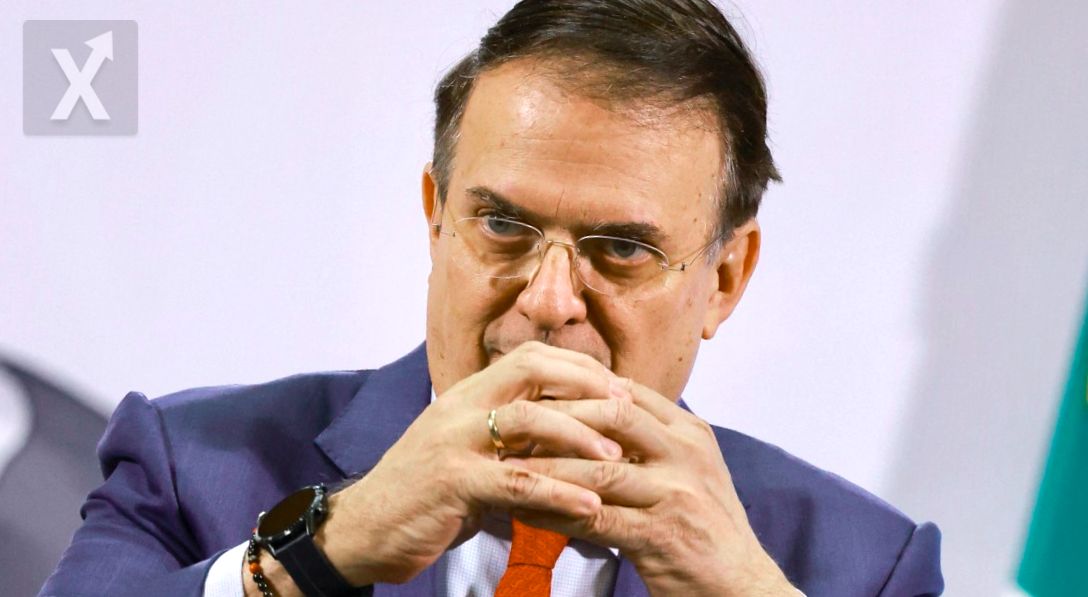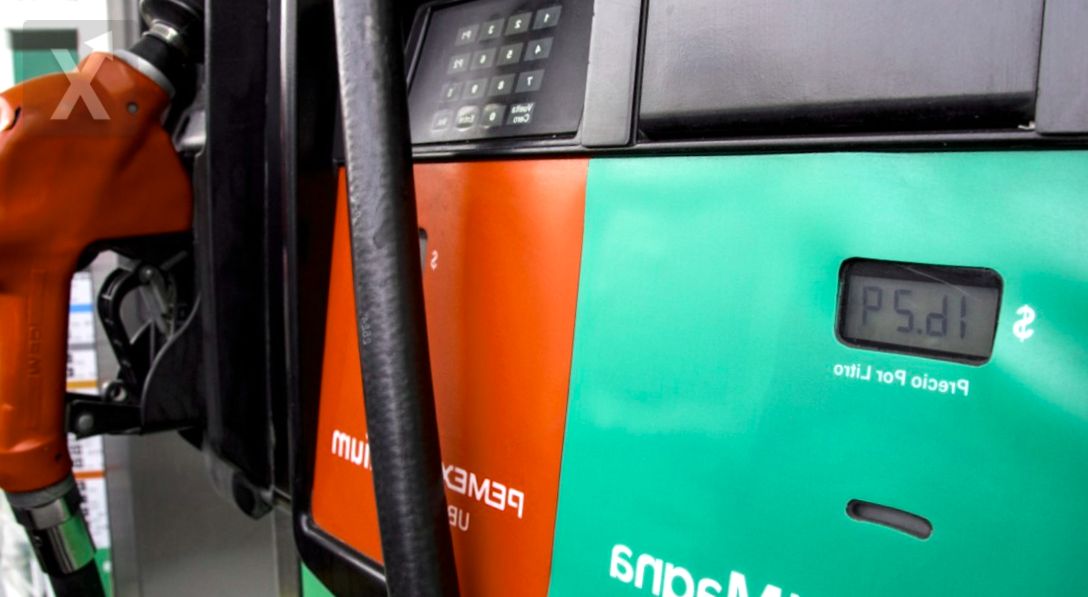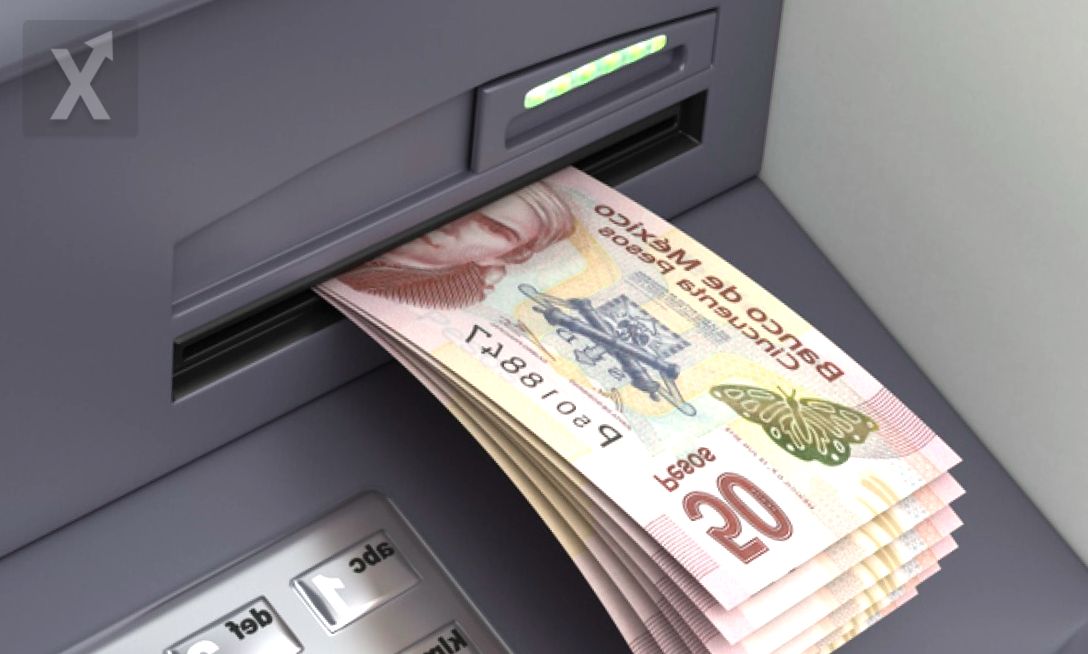Mexico Strengthens Its Auto Parts Industry in Response to US Tariffs

The Mexican government is taking steps to safeguard the importance of domestic auto parts in light of the recent decision by the United States to impose a 25% tariff on imported cars. The Secretary of Economy, Marcelo Ebrard, commented from Washington that "we are working with the Secretary of Commerce to protect the entire Mexican production chain related to auto parts." In this context, Mexico is responsible for supplying approximately 40% of the components used by the U.S. automotive industry, placing the country as a crucial link in North America's production chain.
In response to this new trade regulation, the Mexican delegation presented its concerns directly to the U.S. Secretary of Commerce, arguing that penalizing auto parts from Mexico would also hurt American manufacturers. Ebrard cited an example of a piston that can cross the border up to seven times before being assembled into a vehicle. Charging the tariff on each of those crossings would increase the final product's cost and disrupt the integration system supported by the USMCA. The United States acknowledged this reasoning and agreed to create an exception, ensuring that Mexican auto parts will not face multiple levies. Additionally, a working group was established to oversee compliance with this agreement. The Mexican government also emphasized that cars manufactured in the country are incorporating increasing amounts of regional content. Thanks to the USMCA's rules of origin, many brands have reached percentages that allow them to reduce the final tariff. The U.S. declaration already takes this condition into account. Mexico aims not just to mitigate an immediate impact on its exports but also to preserve jobs, income, and stability in an industry that has been interconnected with the United States for several decades. The Mexican administration has had six meetings with the Secretary of Commerce and several more with the USTR leader, consistently pointing out the need for special conditions if the U.S. decides to change the rules. Although negotiations have been complicated, Ebrard acknowledged that direct communication between President Sheinbaum and President Trump is helping to make progress. On April 3, the Mexican government will unveil a comprehensive proposal detailing actions to protect the country's interests and make the most of the tools established in the trade agreement.
In the current global economic environment, it is crucial for Mexico to maintain a firm stance against these tariffs, as the automotive industry is not only vital to its economy but also represents a significant source of employment. Protecting our auto parts is key to ensuring the country's competitiveness and, at the same time, fostering a healthy and balanced trade relationship with the United States.




